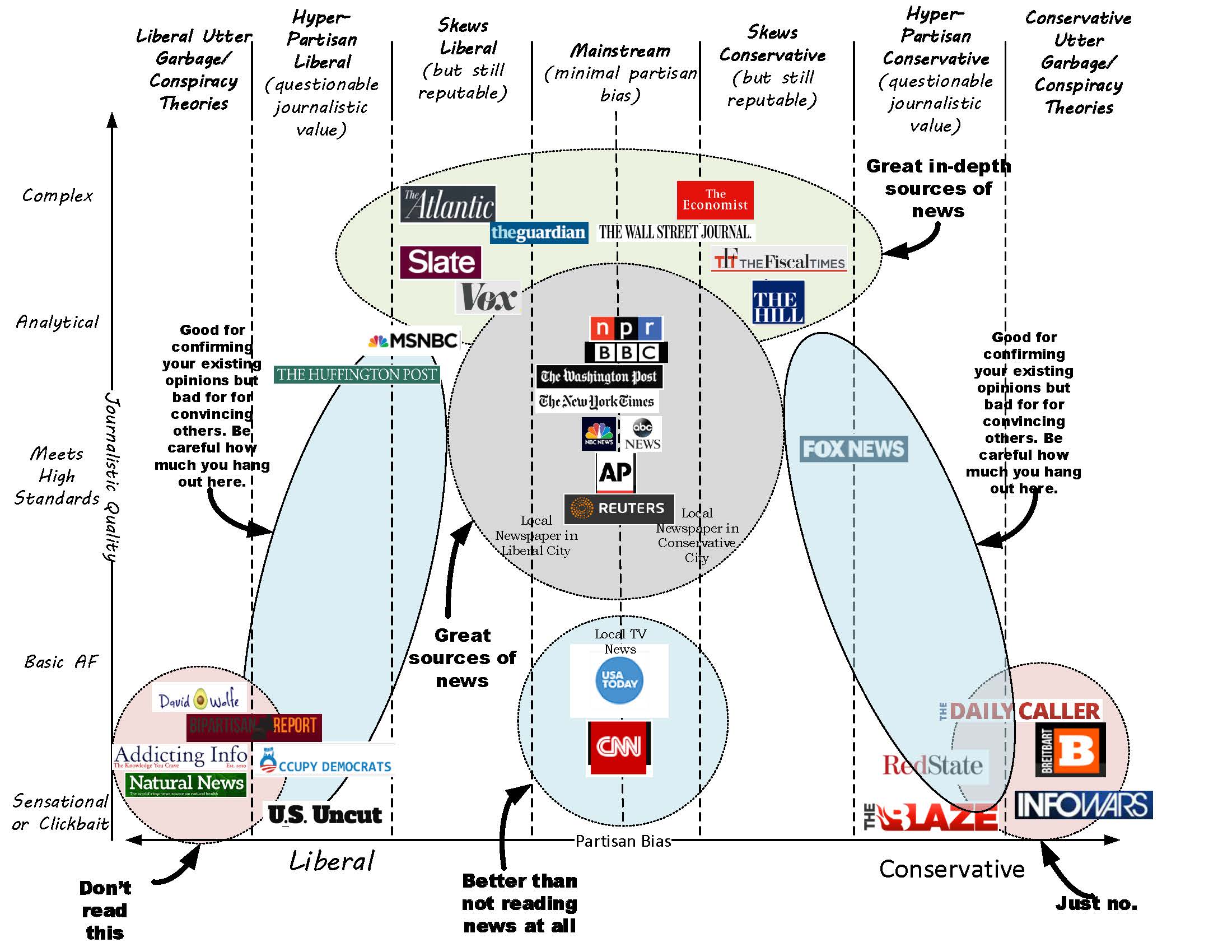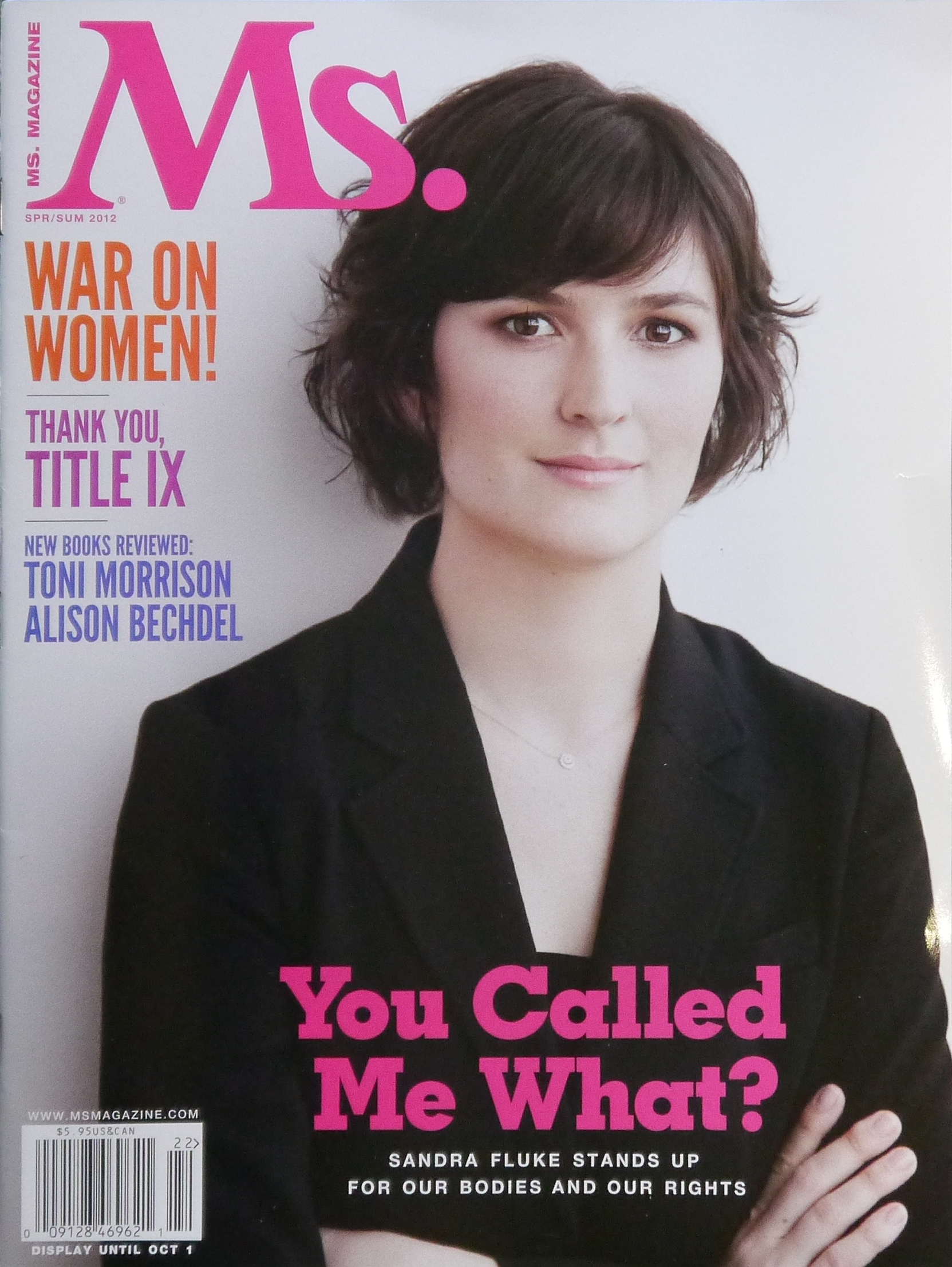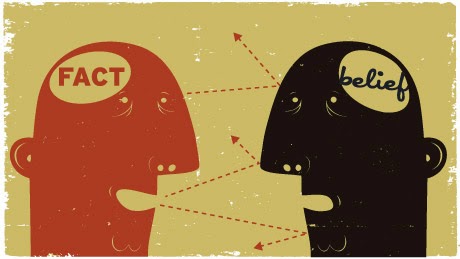Opinion pieces, including editorials, should always be taken with a grain of salt. Yes, I’m aware of the irony here. The bulk of my blog posts are opinion pieces, including this one. But I tend to avoid these types of articles when the source is not, well… me.
We all know what opinions are like, and that everybody has one. But given the current societal stress level, I prefer to read about things as they are, with or without suggestions for ways to improve them, rather than expose myself to rants designed to incite fear and further division. I am trying really hard to pick my battles and resist the extreme edges of my thought bubble these days.
But the other day I was bored. And I knew that a certain opinion piece was bound to infuriate me. Even the headline infuriated me with its obvious bias about illegal immigration. I was actually surprised that it had popped up on my newsfeed, given the algorithm that I’m sure has been created for me based on years of searches. But having nothing better to do, I decided to read on, because it’s good to see how other people view the world, even when you can only take so much foolishness.
This article did not disappoint. It definitely exposed me to an entirely different worldview, as did the accompanying comments by readers. It was actually rather horrifying, because the bulk of what these people believe can be easily disproved. And yet they were dedicated (dare I say “evangelical”?) to these theories. It saddened me to see, once again, just how gullible humans can be.
The thing is, they would probably think the same of me. I know darned well I’m biased, but I’d like to think that much of my bias is supported by facts. I’d also like to think that I employ critical thinking more often than not. But I’m probably biased about that as well. Aren’t we all?
One comment that the immigration article prompted, though, actually made my blood run cold, especially since so many people liked and responded to it. One woman actually said, “The border is open because the Democrats enjoy drug and child trafficking.”
C’mon. Seriously? Do you honestly believe that the average human, regardless of their politics, would be encouraging drug and child trafficking? Then you live in a very sheltered and extremely warped world.
Normally, one would assume that this type of comment would be made by some troll who was attempting to rile people up. But you had to read the room. She was preaching to her own special choir. The echo chamber for this article was so loud that very few people, including me, even bothered to try to express an opposing viewpoint. This was no troll. This was a true believer.
Her mindset rattled me, because I cannot believe that any person can hold such unreasonable thoughts in their head with such obvious enthusiasm. The stench inside her skull must be overwhelming. Either that, or she has completely lost her grip on reality, and is taking her cohort with her.
Here’s the thing. I’m not ashamed to say that I despise everything about the Republican philosophy. But there are people in my life that I know believe in that philosophy in whole or in part, and I know that at heart they’re genuinely good people, even if I think they’re disastrously misinformed on certain topics. We just avoid talking about politics or religion, and we get along just fine. It’s really not hard to maintain relationships with people when there is a mutual respect for boundaries.
I used to try to change people’s minds, but I’m coming to realize that that’s quite often impossible. I’m also getting a much better understanding of my own limits and energy levels, and the older I get, the more I see that life is way too short for many of these debates. Preserving my mental health is a much higher priority for me.
Could I be friends with a politician or activist who is dedicated to pushing the Republican agenda? Absolutely not. But most of us are not at that level of commitment, and I think influencing friends and coworkers through example has much more impact than any shouting match ever could. And so I live and let live, or at least I try to.
Yes, I attend the occasional protest. Yes, I make my views quite clear on this blog. And because I’m autistic, if someone asks me for an opinion, I’ll definitely give them one. But mostly, I’m just putting one foot in front of the other like most people are.
We don’t all have to agree. In fact, that is an insurmountable goal which I’m not willing to try to reach. The price is too high to pay.
For the most part, I agree with Anne Frank, though. “In spite of everything, I still believe that people are really good at heart.”
And, in spite of everything, I also believe that most people agree with that statement. It’s just that we have all been actively pushed toward polarization in recent years, and in this anonymous internet age, it’s very easy to express our extremes without challenges or consequences. But I don’t think it has to be this way.
I know some sports fans who get extremely polarized while watching a game, but the next day they can be cordial with someone who rooted for the opposing team. It’s called rivalry, not war. It doesn’t have to escalate to DEFCON 1.
I hope that someday we can all remember that it’s okay to disagree. If the stakes aren’t too high it can even be fun. It’s also okay to compromise. Because this place we find ourselves in right now as a society is untenable and increasingly unpalatable.

Like this quirky little blog? Then you’ll enjoy my book! http://amzn.to/2mlPVh5








